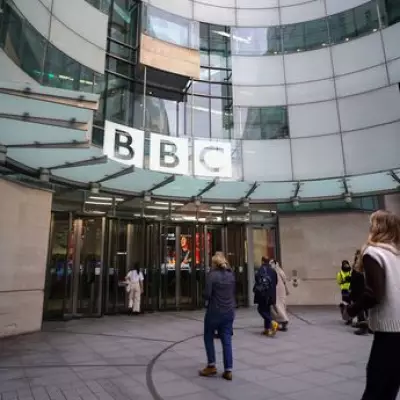
The Department for Work and Pensions is poised to implement significant reductions to Universal Credit payments in a major crackdown targeting claimants who don't meet work search requirements. This sweeping change could affect thousands of households already struggling with the ongoing cost of living crisis.
What's Changing in Universal Credit?
Under the new stricter regime, claimants deemed not to be trying hard enough to secure employment will face immediate financial penalties. The DWP is implementing a tougher approach where:
- Claimants must provide stronger evidence of their job search activities
- Work coaches will have enhanced powers to sanction those not meeting requirements
- Payments could be reduced or stopped entirely for non-compliance
Impact on Household Finances
This comes at a particularly challenging time for many families, with inflation still biting into household budgets and energy costs remaining high. The reduction in Universal Credit payments could push some vulnerable households into deeper financial difficulty.
A DWP spokesperson stated that the measures are designed to ensure fairness in the system and encourage people back into work. However, charities have expressed concern about the timing and potential impact on those already facing financial hardship.
What Claimants Need to Know
If you're currently receiving Universal Credit, it's crucial to understand these key points:
- Ensure your work search activities are thoroughly documented
- Respond promptly to all communications from your work coach
- Attend all scheduled appointments without fail
- Keep detailed records of job applications and interviews
The department insists these changes will help more people find sustainable employment, while critics argue they risk punishing those who are genuinely seeking work but facing challenges in a competitive job market.





